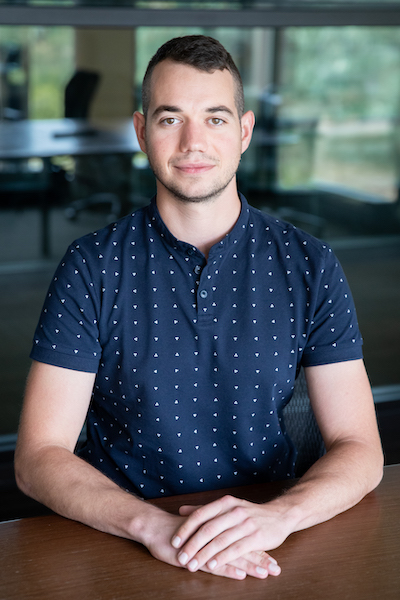The UW–Madison School of Education hosted 21 secondary-level educators from abroad again this fall as part of the Fulbright Teaching Excellence and Achievement (Fulbright TEA) program, which is funded by the U.S. Department of State and administered by IREX.
These teachers came to Madison from 17 different countries across Eastern Europe and Central Asia. They arrived in Madison on Sept. 13, and left town on Oct. 30 for a three-day conference in Washington, D.C., before heading home.
While spending time on campus and around the Madison area, the visiting educators took part in an academic program focused on media literacy, technology, contemporary issues in education, and language pedagogy.
The program included a field experience component at either Monona Grove High School or Verona Area High School. The group also enjoyed some fun activities, like touring the Wisconsin State Capitol and checking out the Dane County Farmers’ Market, taking in a Badgers football game, visiting Chicago, and attending the School of Education’s Homecoming Tailgate event Oct. 7 at Union South.

Before departing, several of the visiting teachers shared their thoughts with the School of Education about their time via a Q&A. Following is what Daniel Gonos, who is from Slovakia, shared about his experience:
Why did you apply for the Fulbright Teaching Excellence and Achievement Program? I applied because I love meeting new people, exploring new countries, culture, and areas. But also because this program offered me a chance to enhance my teaching skills and to open my mind to new methods and abilities. I focus on enriching my educational and career life — not just for myself but also for my students and colleagues.
Overall, how would you describe your experience? This program provided much more knowledge and experience than I thought. I bring home so much new knowledge I can share. I know that without this program there would be no chance to gain it.
Is there a particular highlight that stands out to you from this program and your time in Madison? The highlights of this program are: proficiency of the host organization (UW Global Engagement staff), Jeremy Stoddard and Peter Kierschmann classes, field experience, and amazing cultural experience.
What is one thing you learned during your time in Madison that you hope to take back home and be able to implement it in your classroom and country? I am looking forward to explaining how to use AI in education and the methods of fact checking. This was something new for me and I am sure my colleagues in Slovakia will benefit from it.
Similarly, what do you hope those on the UW–Madison campus and in the surrounding communities have learned from you? My community has told me that there are people who really care about what way our society should move and that they appreciate people who like to work hard for this aim.
What did you know about Wisconsin and the United States before coming to Madison? And how, if at all, have your perceptions changed about this state or the U.S.? I didn’t know much about Wisconsin and the U.S. I thought I did. But now I know this country and people can give us much more than we expect. The country and people are wonderful. I would recommend every person to come here, to experience such a great time as I did. Books and videos can tell you a lot but they will never provide you with experience like this.
Is there anything else you’d like to share about yourself or this experience? I would like to say that this program wasn´t just a job-related exchange. It is much more about getting to know yourself, getting to know how similar we are even if we live a few thousand miles away, how people from different cultural backgrounds are the same in two things: humanity and common sense.
Note: This story was funded in part by a grant from the United States Department of State. The opinions, findings and conclusions stated herein are those of the author and do not necessarily reflect those of the United States Department of State.